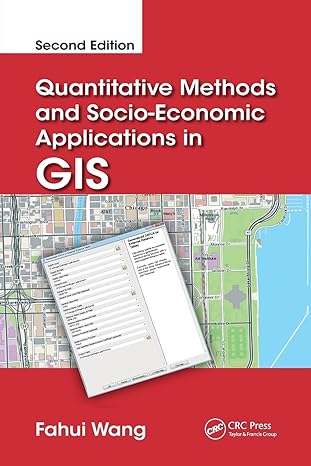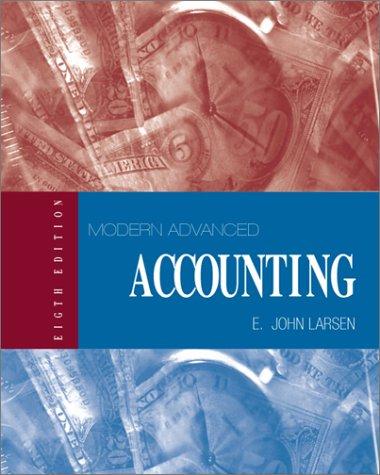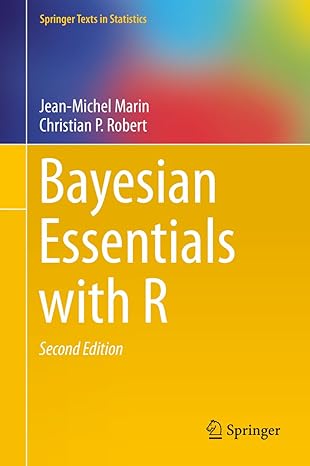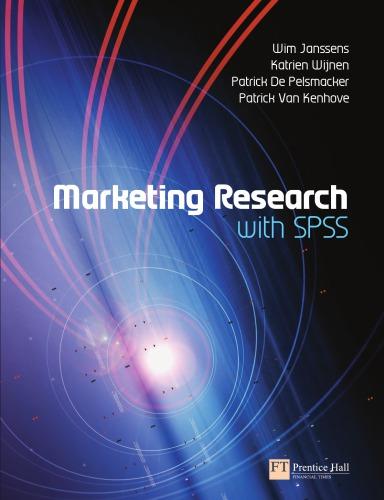Go back

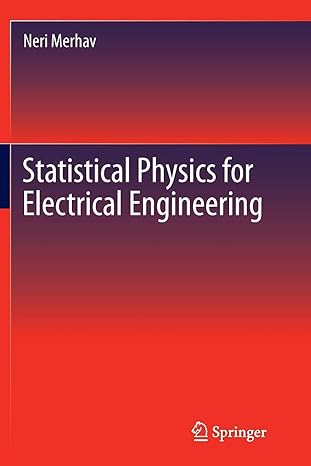
Statistical Physics For Electrical Engineering(1st Edition)
Authors:
Neri Merhav

Cover Type:Hardcover
Condition:Used
In Stock
Shipment time
Expected shipping within 2 DaysPopular items with books
Access to 30 Million+ solutions
Free ✝
Ask 50 Questions from expert
AI-Powered Answers
✝ 7 days-trial
Total Price:
$0
List Price: $69.11
Savings: $69.11(100%)
Solution Manual Includes
Access to 30 Million+ solutions
Ask 50 Questions from expert
AI-Powered Answers
24/7 Tutor Help
Detailed solutions for Statistical Physics For Electrical Engineering
Price:
$9.99
/month
Book details
ISBN: 3319872249, 978-3319872247
Book publisher: Springer
Get your hands on the best-selling book Statistical Physics For Electrical Engineering 1st Edition for free. Feed your curiosity and let your imagination soar with the best stories coming out to you without hefty price tags. Browse SolutionInn to discover a treasure trove of fiction and non-fiction books where every page leads the reader to an undiscovered world. Start your literary adventure right away and also enjoy free shipping of these complimentary books to your door.
Book Summary: The main body of this book is devoted to statistical physics, whereas much less emphasis is given to thermodynamics. In particular, the idea is to present the most important outcomes of thermodynamics – most notably, the laws of thermodynamics – as conclusions from derivations in statistical physics. Special emphasis is on subjects that are vital to engineering education. These include, first of all, quantum statistics, like the Fermi-Dirac distribution, as well as diffusion processes, both of which are fundamental to a sound understanding of semiconductor devices. Another important issue for electrical engineering students is understanding of the mechanisms of noise generation and stochastic dynamics in physical systems, most notably in electric circuitry. Accordingly, the fluctuation-dissipation theorem of statistical mechanics, which is the theoretical basis for understanding thermal noise processes in systems, is presented from a signals-and-systems point of view, in a way that is readily accessible for engineering students and in relation with other courses in the electrical engineering curriculum, like courses on random processes.
Customers also bought these books
Frequently Bought Together
Top Reviews for Books
Natalie jones
( 4 )
"Delivery was considerably fast, and the book I received was in a good condition."


